Source: theheartysoul.com
Diuretic foods can be helpful if you’re looking to lower your blood pressure, or if you’re retaining water. Some dieters also use it to help them lose weight, and purging the body of excess fluid is good for your overall health and wellbeing. One option is to take water pills in order to get your body to release extra water and salt, but before going that route it may be a better idea to make a few dietary changes and see if that helps. Here are our picks for the best diuretic foods available to keep things natural.
1. Lemon
Adding lemon to your water doesn’t just make it taste better, it can help you if you have high blood pressure, and is often one of the first foods recommended to those suffering from certain medical conditions. It’s easy enough to start getting more lemon into your life, because it’s the juice that does the trick, so you don’t actually have to eat lemon slices or wedges, just add the juice to water or other foods and you’ll get the benefits. It is also used to help treat cases of urinary tract infection.
2. Oats
Oats consistently rank as one of the best foods to eat when losing weight, and surprisingly enough they have a diuretic effect on the body. Most of the time it’s hydrating fruits and vegetables that are diuretics, and oats seem to be a food that soaks things up, the way it soaks cholesterol up. But oats can also give you relief if you’re retaining water. This is just one more reason why a bowl of oatmeal makes a great start to your day, regardless if you’re dieting or worrying about your cholesterol levels.
3. Celery
Celery contains plenty of water, and will therefore get you to go more often. It’s great for hydrating the body, and recent research has shown that it’s not just the water we drink that hydrates us, but the water we take in from foods as well. If you don’t care for the taste of celery, or don’t like having to chew it up, try adding it to a diuretic smoothie with other fruits and vegetables found on this page. You’ll be giving your body a big boost of nutrition and also make it easier to digest and process.
4. Brussels Sprouts
Perhaps you don’t enjoy the taste of Brussels sprouts, but they’re so good for you that you may just have to learn to like them, or at least tolerate them. They are just one of several cruciferous vegetables to make our list, and this is a low calorie food that has plenty of antioxidants and is great for your overall health. If you can’t stand the thought of a pile of Brussels sprouts as your side dish, try mixing them with other vegetables or incorporate them into your main dish so you’re not just eating them straight up.
5. Ginger
It’s not easy to eat a lot of ginger, and luckily you don’t have to. Using it to zest up your meal, or adding a bit of ginger root to a glass of water will give you the benefits you need from it. It has a nice cleansing effect on the body, and is often used in detox programs to help flush out toxins. It also serves as a diuretic, and will help your body get rid of any built up fluid it may have. Next time you’re grocery shopping, buy some ginger root. You’ll be surprised how often you use it when you have it handy.
6. Beets
In addition to being a diuretic, beets are also a rich source of antioxidants and have a specific antioxidant, betalain, which is only found in a few select foods. When choosing what style of beet to eat, go for fresh beets that you can either grill, boil, or steam. These are better for you than the pickled variety, and will yield more antioxidants for better overall well-being for the body. Unfortunately most beets you’ll find for sale in supermarkets and grocery stores are the pickled kind, so you may have to check out a farmer’s market or other vegetable stand to find fresh beets.
7. Apple Cider Vinegar
Apple cider vinegar has a number of uses, and one of those is that it’s a natural diuretic that can encourage your body to purge itself of unneeded fluids, leading to better urinary function and overall health. You can use apple cider vinegar to help purify water, and to help stir up a sluggish digestive system. You’ll also find it used in plenty of recipes, but if you’re trying to use it as a diuretic it’s best just to add it to water and drink it down. You don’t need to use very much of it in order to benefit from it.
8. Cabbage
Cabbage is a healthy food no matter how you cut it, and part of the benefits it provides is being a diuretic food. It’s also been shown to be helpful in preventing cancer, and is a vegetable that can help reduce the risk of heart disease. One great way to eat cabbage is in soup form. This entails chopping or shredding the cabbage so it’s easier to eat, and also cooking it until it’s very tender. The key is not to use too much salt when you make your cabbage soup, as that will reduce the diuretic effect of helping the body release stored up sodium.
9. Cranberry Juice
Perhaps you’ve heard that cranberry juice can be good for a urinary tract infection, and that’s partly because it acts as a diuretic. The nice feature of cranberry juice is that it leaves your potassium levels intact, and also provides extra antioxidants to help your body battle free radicals. Be sure to opt for organic cranberry juice for the most benefit, since you’ll be avoiding the use of conventional berries which most likely have been treated with chemicals during the growing and preservation process.
10. Eggplant
Eggplant acts as a natural diuretic, and there are some weight loss enthusiasts that will make a special “eggplant water” by boiling eggplants and drinking the leftover water in an effort to lose water weight. That’s a bit excessive, but you can still consume these a side dish to just about any meal and experience the side effects a diuretic provides.
11. Parsley
Not just a pretty adornment to your plate, parsley has several benefits to it, including being a natural diuretic. Parsley contains several types of antioxidants in one tiny package. You can add parsley to your water for a fresh taste, or you can use it more in your cooking if you don’t want to eat it directly. The tart taste can act to freshen your breath in the process, but it might be too strong for some palates.
12. Caffeinated Beverages
Any caffeinated beverage will serve as a diuretic, including coffee and tea. It’s best to weigh the pros and cons of the foods that you’re thinking of consuming for their diuretic effect. The caffeine in these beverages might be disadvantageous enough to the body to choose other foods and drinks that provide a similar function without the use of a chemical like caffeine.
13. Water
Even though it might sound counterintuitive, drinking water actually helps your body rid itself of excess fluid. Conversely, not drinking enough water can lead to your body retaining the water it has in order to try to keep its water levels where they need to be. If you want to increase its diuretic effect try squeezing the juice of a lemon into it, or drinking hot water with slices of ginger in it for a sort of ginger tea. These methods will amplify the diuretic effect because these add-ins are also on our list of diuretic foods.
14. Tomatoes
For the diuretic effect you’ll want to eat tomatoes raw. The best way to do this is on a salad, or blending them up for fresh tomato juice. If you don’t like the taste of plain tomato juice consider adding carrots or watermelon to it to increase the effect and improve the flavor. Tomatoes are also one of the healthiest foods you can eat, with their large amounts of the antioxidant lycopene they’ve been shown to help battle cancer and prevent heart disease of all types.
15. Cucumber
Cucumbers are made up mostly of water and are a very hydrating vegetable. This is why you’ll typically see them being used in detox recipes. They’ll get your urinary system going as well, and they are a food that can be used to help with diabetes, weight loss, and even cancer. That’s because cucumbers contain antioxidants as well as minerals the body needs daily to keep functioning at its best.
16. Watermelon
Watermelon is aptly named and contains a lot of water, and also gets you to go more, so you’ll be helping to flush your body of excessive water and salt. You’ll want to be careful not to each too much watermelon in one sitting, as it can be hard to stop eating this sweet fruit, but its sweetness can cause your blood glucose levels to spike and can negate the healthy benefits of this antioxidant-laden fruit.
17. Carrots
Carrots are often thought of for their benefit to eyesight, but they do have a host of other benefits, and being a natural diuretic is one of them. Carrots are great because they come in a few different varieties depending on how you want to use them. Baby carrots are great for having as a snack or going on top of salads. Regular sized carrots can get sliced and chopped for use in recipes or cooked up as a side dish to a meal. No matter how you go about eating them, you’ll still get all of the nutrients as well as the diuretic effect they provide.
18. Garlic
Garlic provides a cleansing effect, and also acts as a diuretic, which is all the more reason to use it in more of your cooking. It has yet to be shown that garlic pills are a diuretic as well, and it appears that eating garlic in it’s natural form, or in powder form, is the way to go if this is your goal. You don’t have to eat clove after clove of garlic to reap the benefits, and just using it as part of the cooking process should be enough to see results.
19. Artichokes
Artichokes can have a powerful diuretic effect, and can rival the effects of prescription medication in some instances. The good news is that artichokes are also good for the digestive system, so if you’re looking to lose weight it can help you on two levels. They’re also packed with vitamins and minerals, so you’re replenishing the body at the same time you’re helping it to rid itself of excess fluid.
20. Asparagus
Asparagus is one of the healthier vegetables around, so you’ll be getting plenty of nutrients in addition to the diuretic properties it has. Many have noted that eating asparagus makes their urine smell, and this is one way to see the connection between this veggie and your urinary system. The odor is caused by an acid found within the asparagus that reacts in a certain way. It’s not harmful to the body, and in fact the antioxidants found in asparagus is going to benefit you in countless ways.

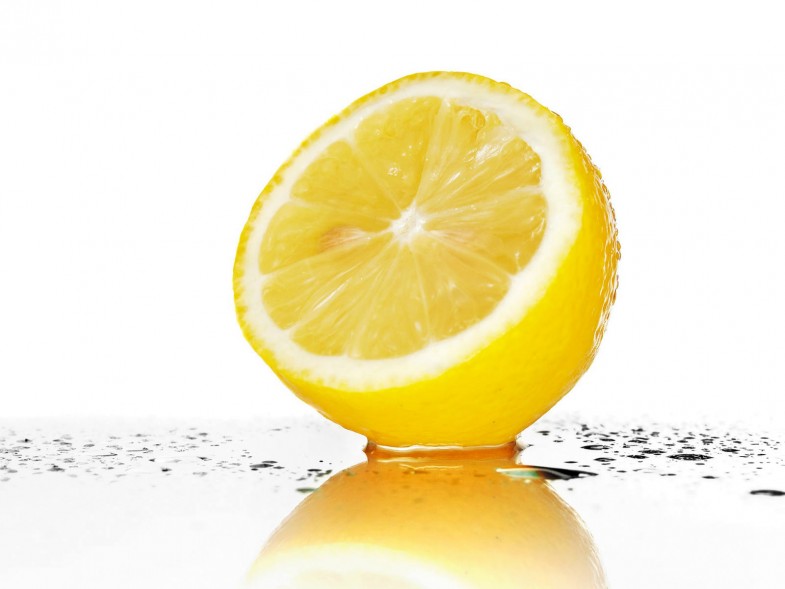
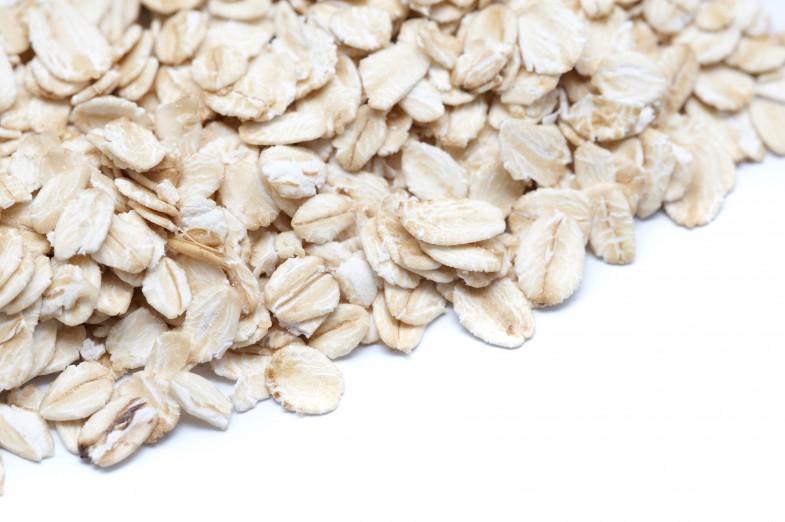
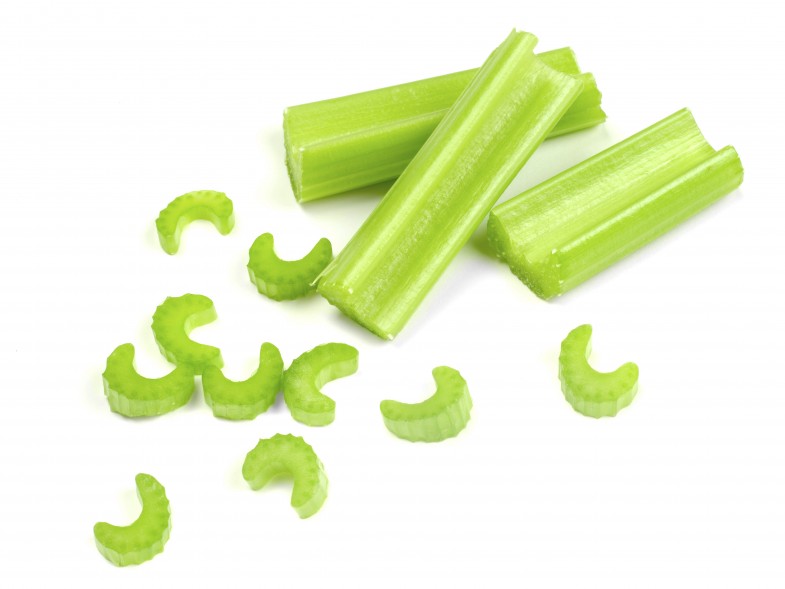
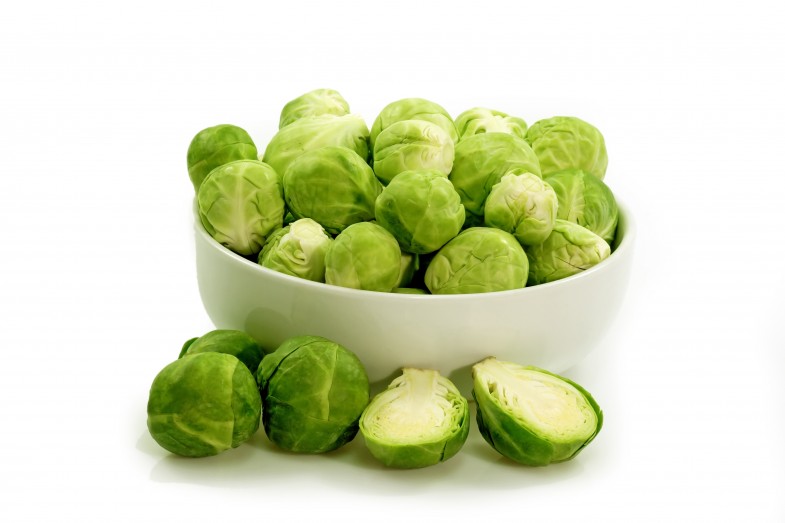
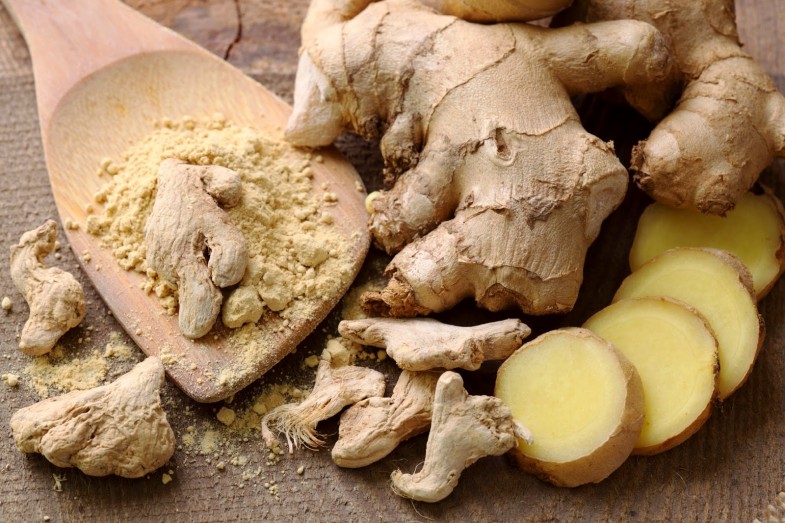
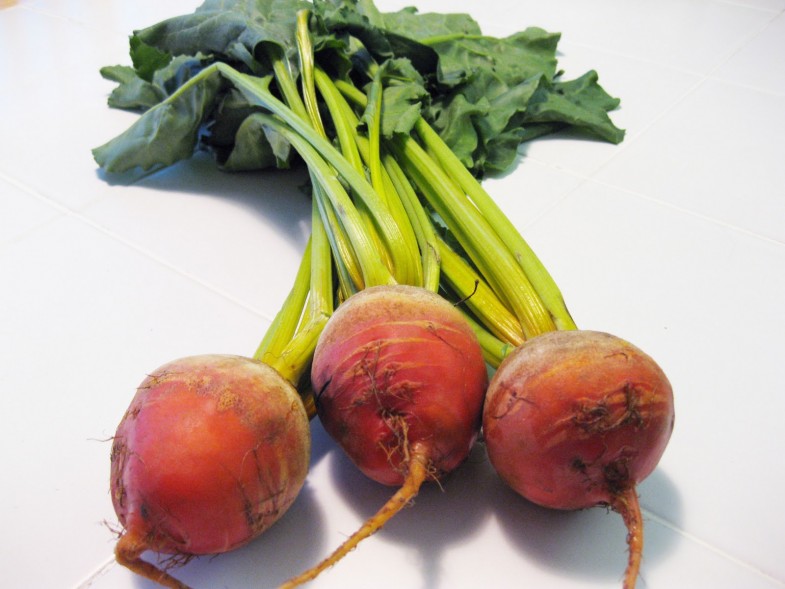
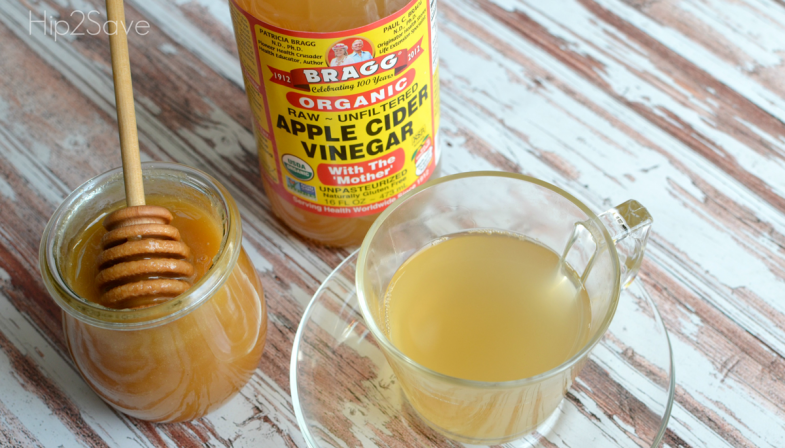
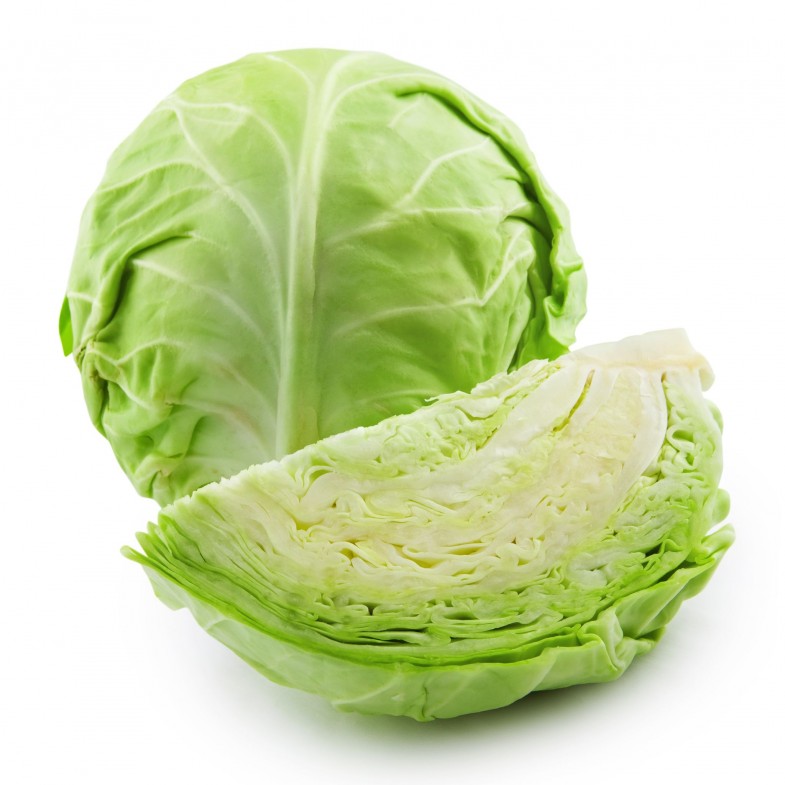
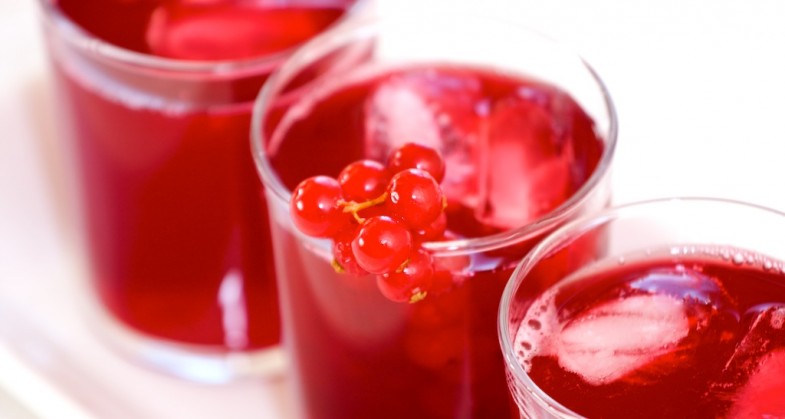
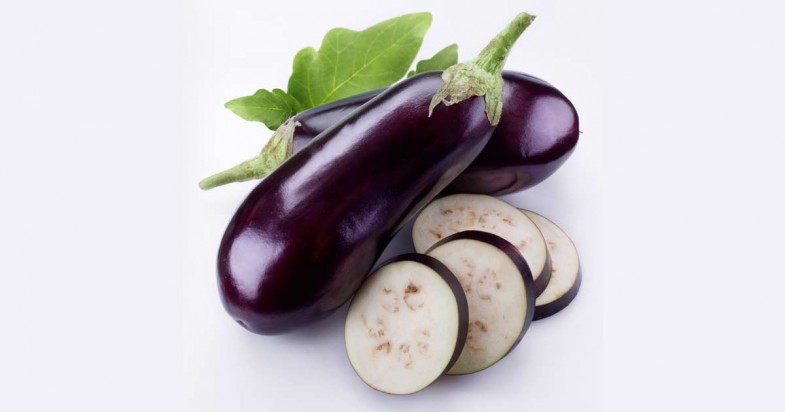
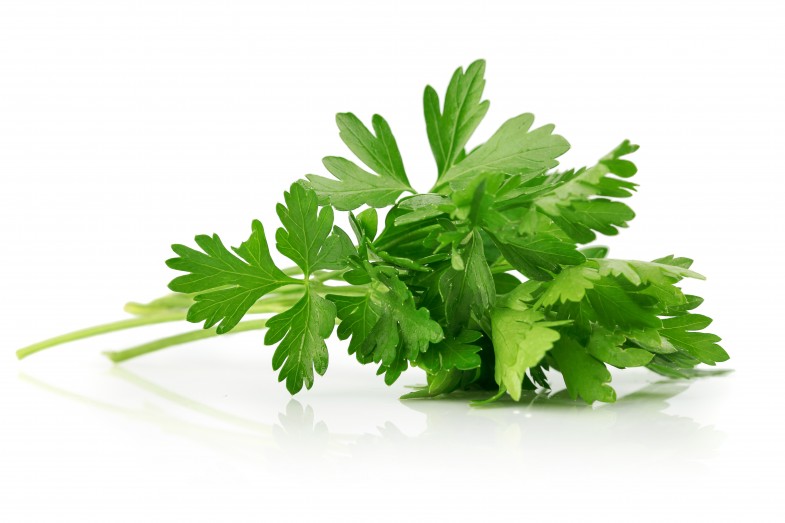

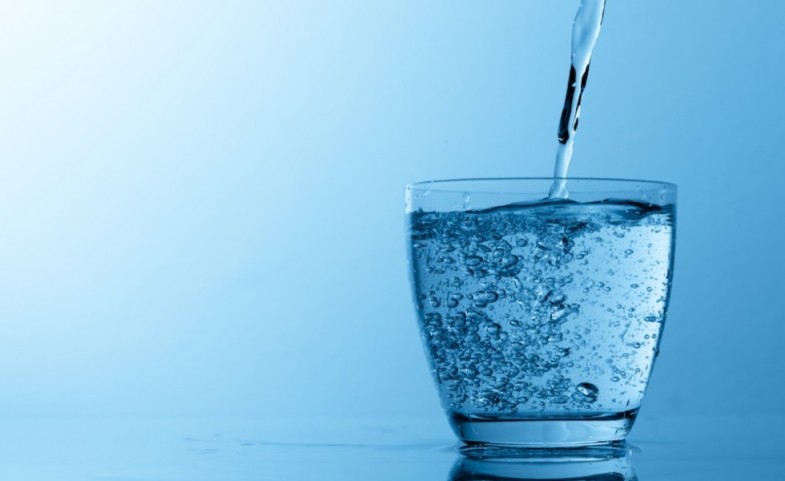
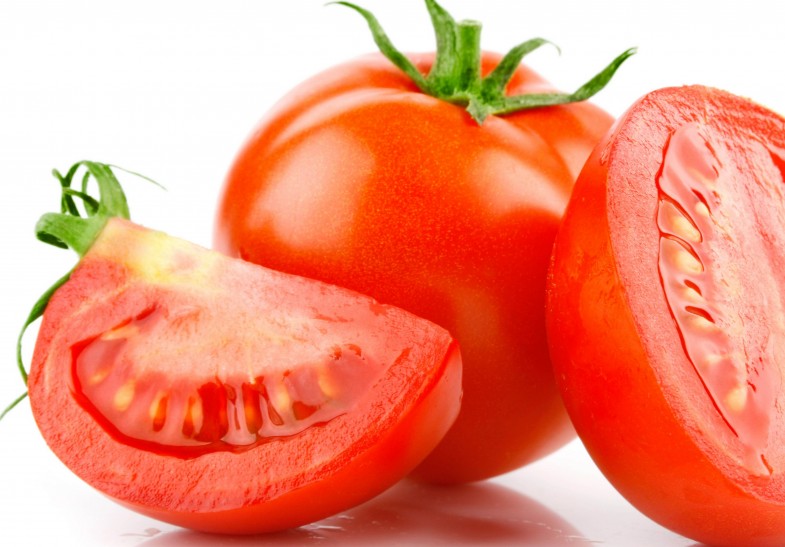
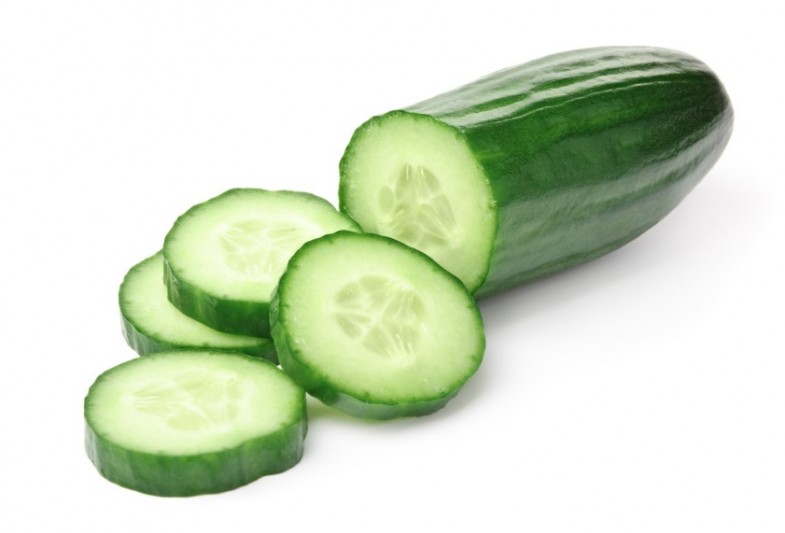
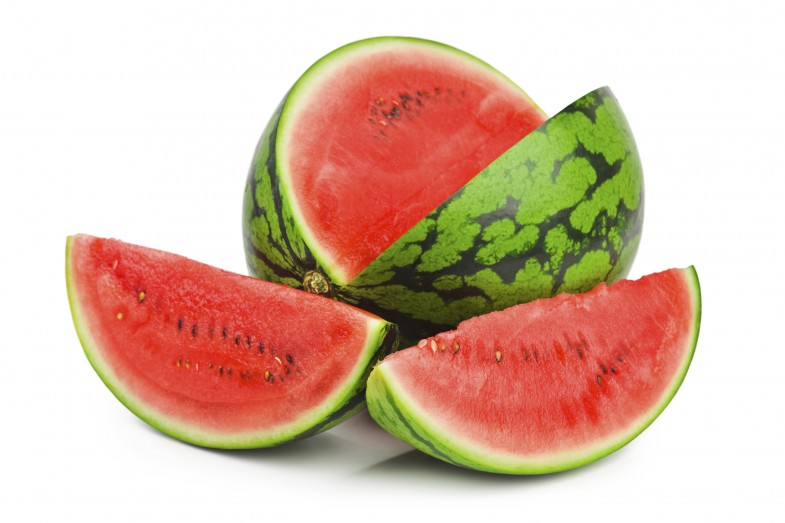
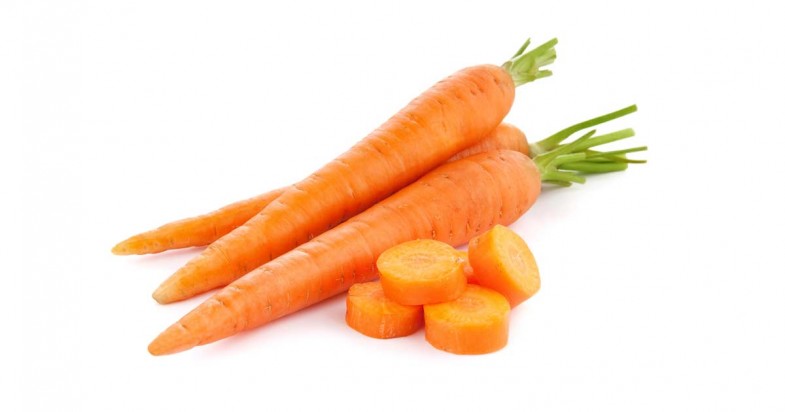
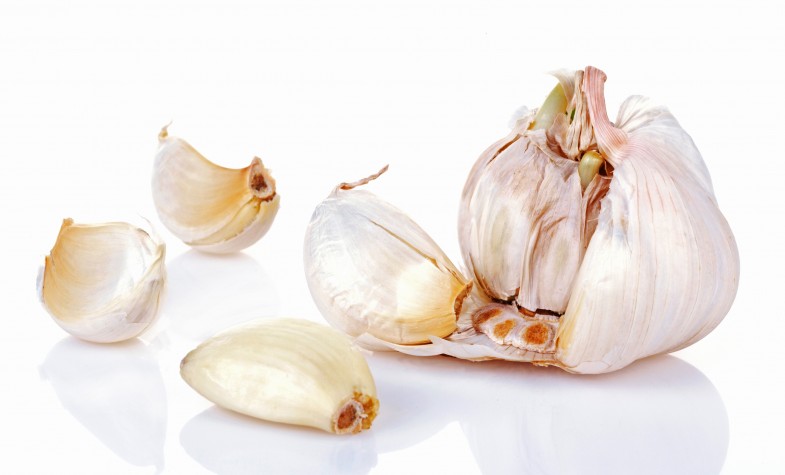
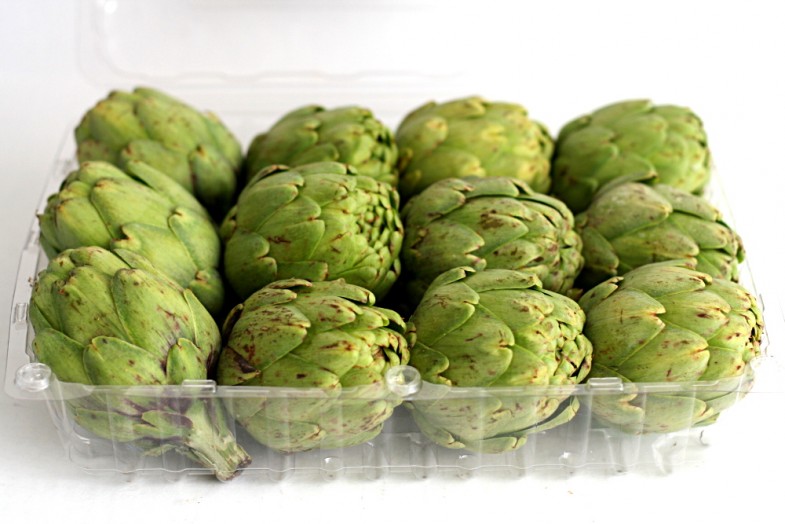
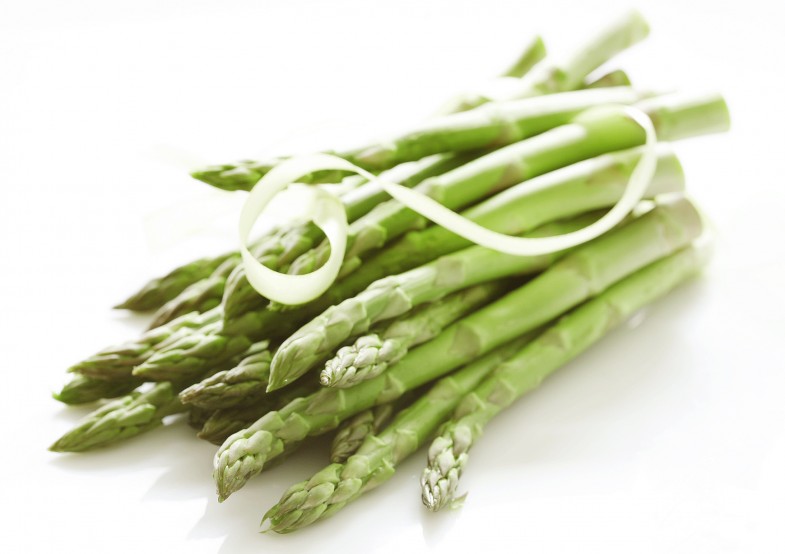
I consume all of the above, strictly limit sugary sodas…..
I personally love every food listed but for those whe have more ‘delicate’ palates, juicing is an easy way to add them to the diet. The taste of some of the stronger veggies can be made more palatable by adding raw ginger or an apple to the mix. There may be a little less fiber but, all in all, it’s quick, easy and perfect solution for those who don’t want to spend time in the kitchen slicing, dicing and cooking – fewer dirty dishes too.
Preparing eggplants is a particular conundrum for me. It was one of my least favorite foods when a child, actually hated them and refused to let them enter my mouth. I watched my grandmother prepare them by soaking them in water and probably salt to remove some of the bitterness. Is there a method that preserves the good stuff without the extra steps? FYI, I’m one who likes to juice because it minimizes time spent in the kitchen. Any quick and easy recipes? Is there a way to juice them without the adverse effect of gagging?
This is a great article I plan to Pinterest, FaceBook, Google+ and forward to friends and family. Thank you for the information.